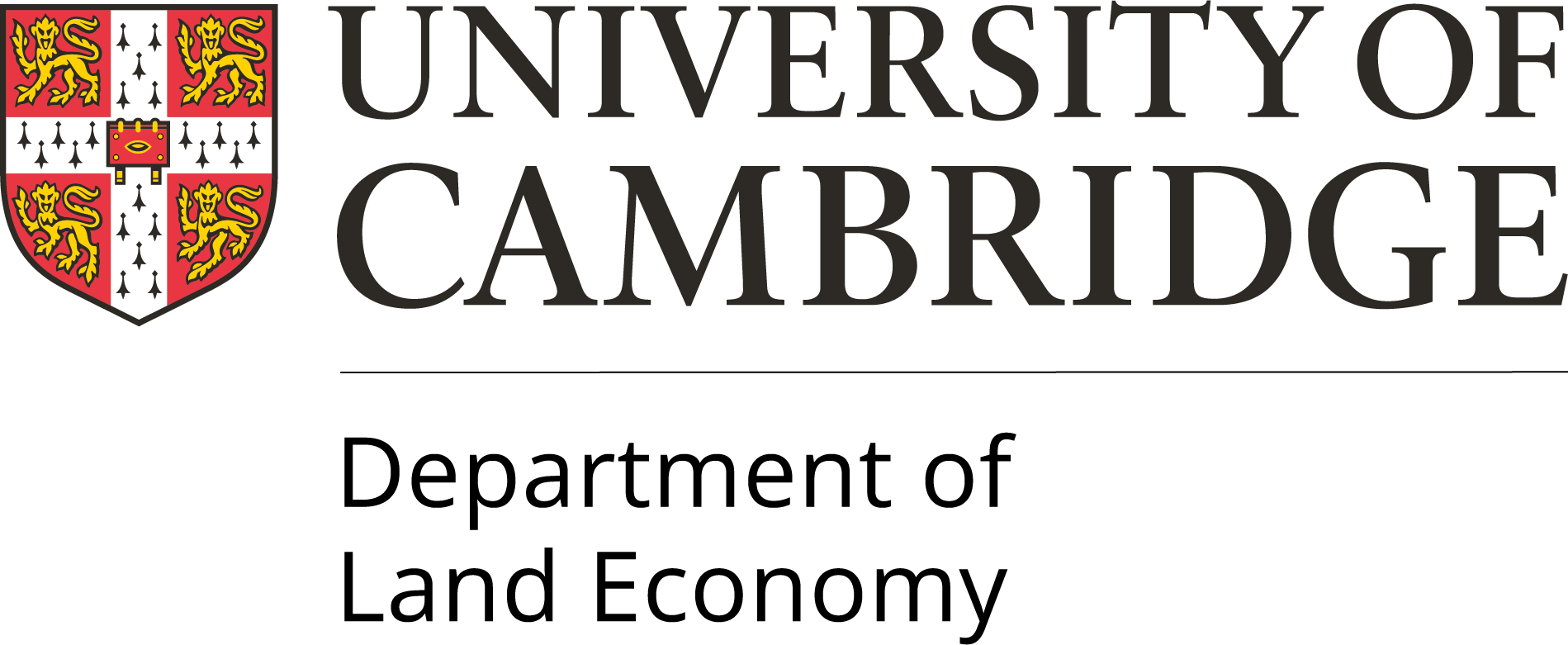Academic profile
|
Professor Lindenthal is the Grosvenor Professor of Real Estate Finance at the Department of Land Economy, University of Cambridge. His research interests are twofold: First, he analyses property investments in the very long-term, tracking rents, prices, and returns for up to 500 years. The second research line focuses on applied machine learning techniques to utilize high-dimensional “Big(ish)” data. Put differently, he uses images and other data that are too complex for spreadsheets to better understand property values, household preferences, and decisions made by very human and not always rational agents. Professor Lindenthal is the course director for Cambridge’s postgraduate MPhil programme in Real Estate Finance. He is a Professorial Fellow at Pembroke College and at the Cambridge Endowment for Research in Finance. In addition, he received a JM Keynes Fellowship in Financial Economics. Before joining the University of Cambridge, he did a postdoc at MIT’s Center for Real Estate, working on the market for virtual locations such as Internet domain names. His PhD is from Maastricht University. Professor Lindenthal has served as an expert witness for internet domain names at US courts and serves as a board member for the American Real Estate And Urban Economics Association (AREUEA). Professor Lindenthal is interested in supervising new PhD students in Real Estate Finance, preferably with a focus on new (somewhat “big”) data or, alternatively, property markets in the very long run. |
Publications
Key Publications
Other Publications
|
Teaching
|
Postgraduate:
|
|
|
Research interests
|
Current PhD students
|
Kahshin Leow Jiabin Wei Lesedi Kgaka
|
Recent PhD students
|
Wayne Wan Matthijs Korevaar |
Category/Classification
|
Real Estate |

